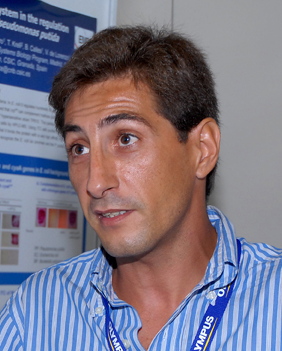 Kidney International is in the process of retracting a stem cell paper containing plagiarized images, Retraction Watch has learned.
Kidney International is in the process of retracting a stem cell paper containing plagiarized images, Retraction Watch has learned.
Here’s the notice that will appear for “Human renal stem/progenitor cells repair tubular epithelial cell injury through TLR2-driven inhibin-A and microvesicle-shuttled decorin“: Continue reading Kidney journal to retract stem cell paper for duplicated and doctored images








